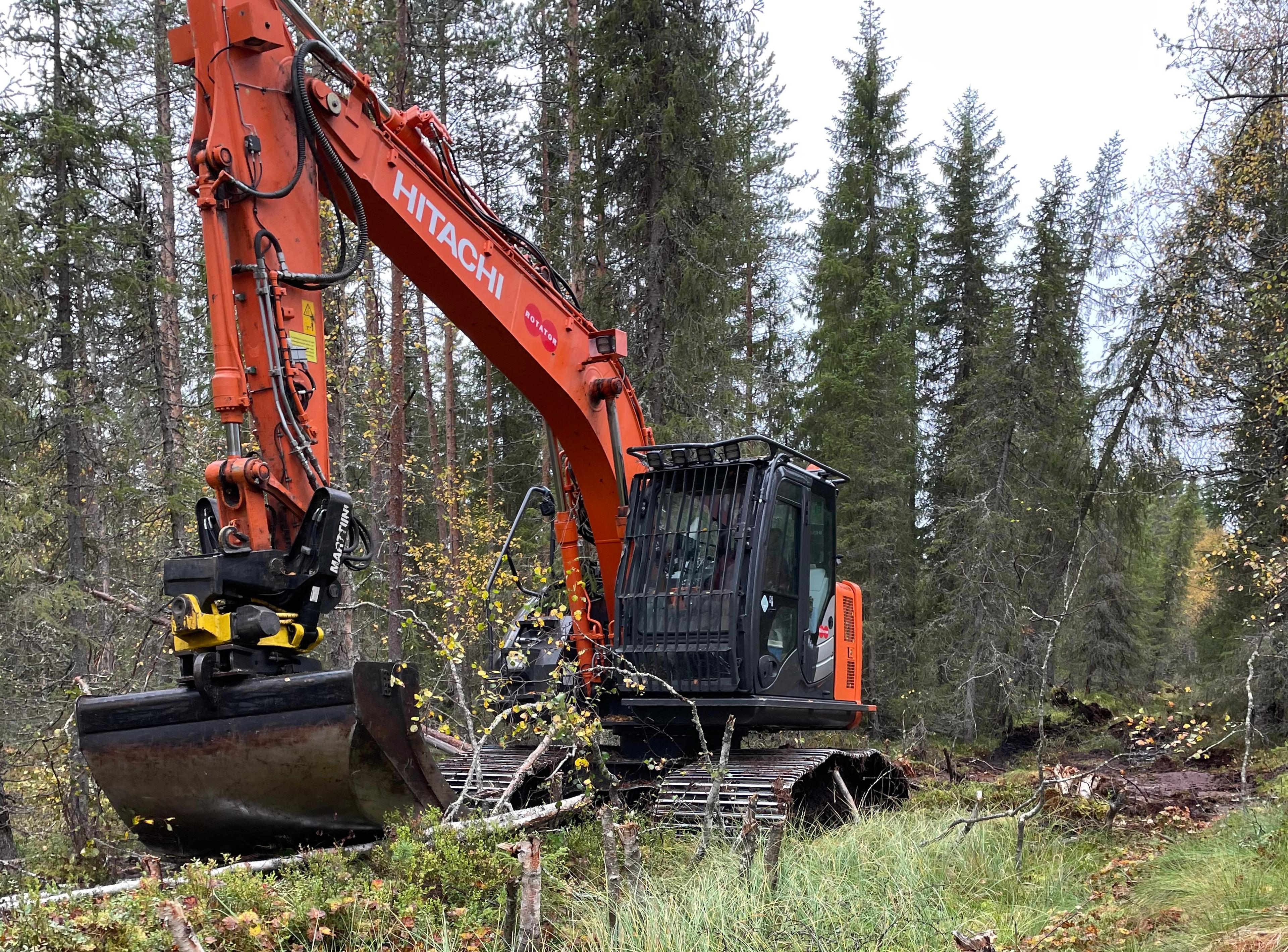Training programs for contractors
Including NBS in education relevant for becoming a contractor, or promoting in-service training on NBS for these professionals, can promote appropriate use and quality of NBS in construction projects.
Specific Advice

Good to Know
If only implementing policies on NBS learning objectives in formalized education, it will require a long time span before these newly educated contractors have made an impact on the market. Training experienced contractors in new methods is therefore also needed.
Providing common training courses for the involved actors on nature impacts before starting a construction project can improve collaboration and effectiveness and reduce disagreements during the construction period.
It can be a positive experience for contractors to get new challenges and be more directly involved in finding good and practical for designing and implementing NBS.
Development of certification programmes or training materials can be included in funding programmes and project calls.
Contractors and machine operators’ lack of knowledge about ecological principles and natural processes can affect the quality of the NBS.
Spending time and resources on trainings can pay off by avoiding expensive and time-consuming changes or even redoing the work.
